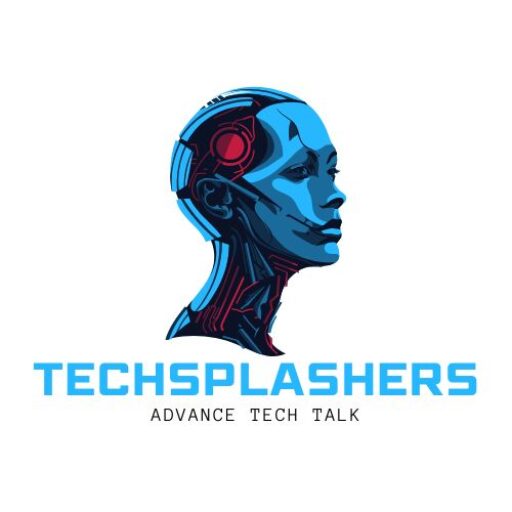Technology changes over time and we must change with it in order to go toe to toe with the world around us. As mobiles got smarter and PCs and the internet got faster, they changed the world in an unprecedented fashion.
One does not need to stand for hours in lines anymore to get a voter ID card or to make electricity bill payments or file income tax returns. Even the exams that earlier used to be pen and paper-based, are now being conducted online like OJEE entrance exams.
Some exams like WBJEE are still held in offline mode though. What can be the possible reason for it? Should they also switch to online mode? Let us analyse the solution in detail.
Exams are the tools, that used to determine a person’s level of understanding of a subject. Competitive exams are held to compare the readiness of a candidate to another to get in an institution or to get a job. Earlier all exams were pen and paper based. Now every exam is moving towards online mode. This is because it is easy to evaluate and inexpensive to conduct as compared to offline modes. But still, exams like WBJEE are conducted via offline mode.
This is mainly because the offline mode is free from technical glitches that might arise due to bad internet or faulty systems. Some exams like NID entrance exams require candidates to draw and thus cannot be conducted online. Also, in some areas, there is the unavailability of PCs and/or reliable internet. Therefore, it is impossible to conduct an examination in such areas.
The reason that most exams are switching to or have already switched to is that it is easy to evaluate and faster to calculate results. For example, OJEE, which is an online exam, is conducted in the month of May and gives the result by June, whereas WBJEE (an offline exam) is held in February and gives the result by the month of June.
That is a huge time lag (4 months compared to 1 month) between conducting and publishing results offline and online exams. Online exams also conserve paper, which can prevent many trees from being cut down.
Let us list down the pros and cons of online examination:
| PROS | CONS |
| The answers once marked can be changed by candidate and questions can be flagged for review if he/she desires so | There are chances, even though very slim, that technical glitches might happen. |
| Less time is wasted in marking the correct answers than in filling up the OMR sheet | Candidates do not usually prepare in via books and might find it difficult to attempt the online paper |
| Wastage of paper is reduced | Candidates who have not previously used computers might find that as a hindrance |
| Cheaper to administer as no need to transport question papers and OMR sheets | Noting down figures from the screen to paper to solve a question may lead to incorrect figures being copied leading to wrong answers |
| Easier to administer test centres already have the required infrastructure |
As we have seen above the pros for online mode of examination heavily outweigh the cons. The reason that exams like WBJEE are still conducted via offline mode is inadequate infrastructure availability to conduct online examinations in small cities.
But that cannot be used as an excuse to conduct a technical examination (WBJEE is the engineering entrance examination) in such traditional fashion. Governments should work on developing appropriate infrastructure to help in the development of the nation and in conducting these exams online.
The problem that India faces today is that even though India is second only to China in terms of the number of internet users (51.7% compared to 58.8% in China), its internet speed ranking is 68th in the world. The availability of good internet ensure glitch-free and smooth conduction of online examination and government and internet providers should work in that direction.
A temporary solution to these problems is the approach which exams like JEE use, conducting both online and offline exams. By doing this, you can reach less accessible areas as well as keep the process streamlined for students that use online mode of examination.
But this is just a workaround. The focus should be on making use of ‘online exams’ to make the examinations more transparent and streamlined.












Leave a Reply